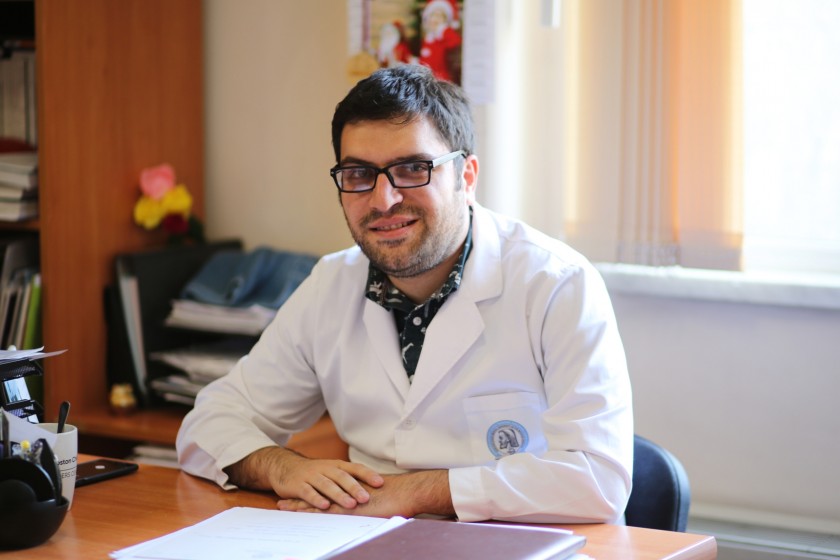
Child Oncologist Gevorg Tamamyan: Armenia’s Cancer Budget is a Mere 1% of Overall State Health Budget
Tatev Khachatryan
Meri Sargsyan
We recently had a chance to talk to child oncologist and hematologist Gevorg Tamamyan who works at the Muratsan Hospital Complex in Yerevan. Recently, Tamamyan has been appointed the chairman of the American Society of Clinical Oncology’s working group.
We discussed the difficulties that Armenia faces when treating cases of child cancer, and cancer in general.
What kind of work does the American Society of Clinical Oncology carry out?
The American Society of Clinical Oncology (ASCO) is the world's largest professional association of oncologists, having around 45,000 members in the world. It was founded in 1964 and is still one of the cornerstones of oncology development. The Union aims to unite experts from different countries under the same roof.
Starting from the 2000s, the International Development and Education Award (IDEA) by the ASCO has provided support for early-career oncologists in low- and middle-income countries and facilitated sharing of knowledge between these oncologists and ASCO members. The program enables recipients to attend the ASCO Annual Meeting in Chicago and develop long-term relationships with the mentors to improve cancer care in their countries.
The IDEA working group selects 20 participants each year who get the opportunity to be trained in one of the most famous American clinics.
From Armenia, there are three specialists that have received the IDEA so far. Besides me (Tamamyan got it in 2013-auth.), it’s oncologist-chemist David Zohrabyan and oncologist Arpineh Gevorgyan.
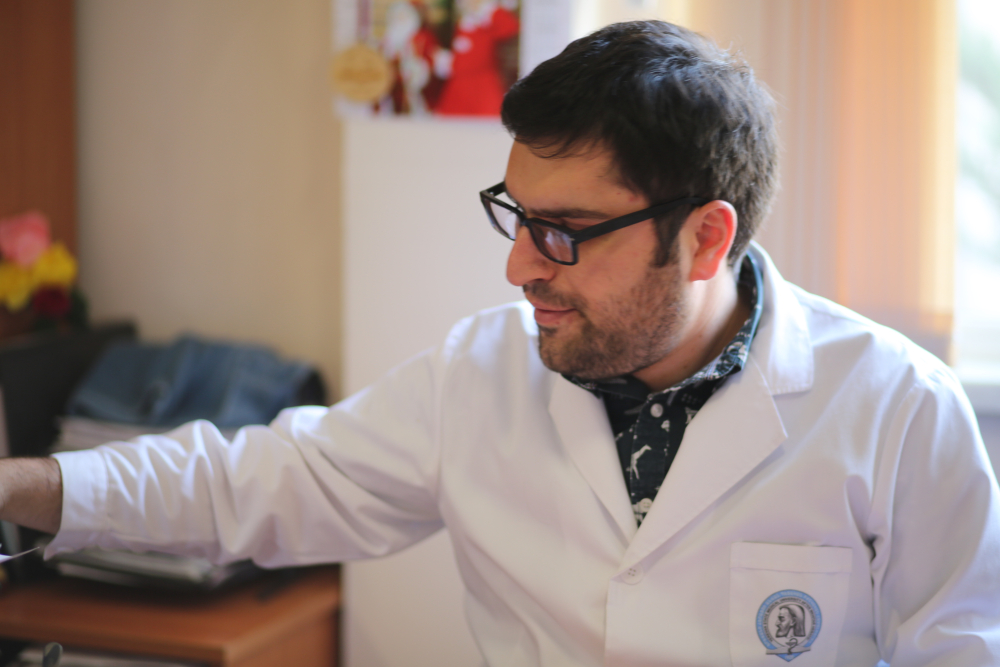
What are the difficulties of treating cancer in Armenia?
Cancer is a very expensive disease, which is a serious problem for families all over the world, including Armenia.
In a developing country like ours, the state health budget, especially that for oncology, is very small. If I’m not mistaken, the oncology budget comprises only 1% of the overall health budget in Armenia.
There is also an issue with drugs. The list of oncological drugs is growing, so do their prices. Many drugs are not available. It’s also because of the small size of Armenian market - pharmaceutical companies don’t bother to register many drugs since they’re only needed for dozens or hundreds. However, a recent study showed that most of the necessary oncological drugs for children can be found in Armenia.
There are a number of foundations that support children with oncology issues. Do you cooperate with them?
We work with all the funds operating in Armenia.
Do almost all children that apply for help get it?
I think yes. Approximately 95%.
There were two successive auto transplantation cases performed at the Hematology Center. Now, the third one is in process.
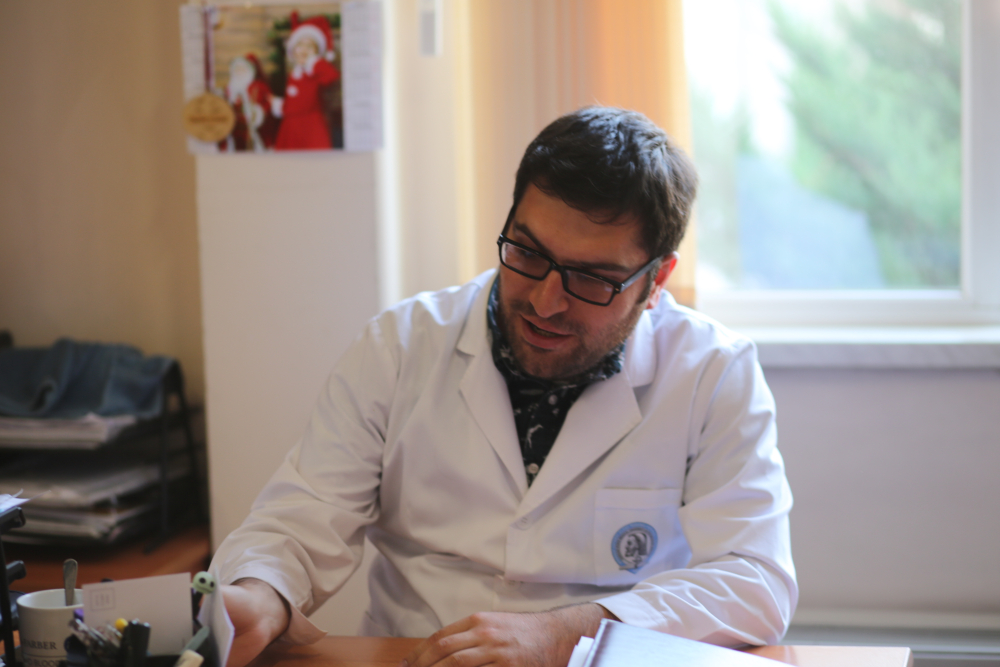
Do you have any statistics on childhood cancer and how many apply?
There is no registry in Armenia, unfortunately, but according to my calculations, this year there were around 90 cases.
Do you notice an increase in oncological diseases?
There is a certain increase in the world. In case of childhood cancer, over the last 20 years, around 13% of the growth has been recorded, this according to the International Agency for Research on Cancer. Overall, we are within these international statistics.
Adult cancer is growing for several reasons.
First, the average life expectancy of our lives is growing, and cancer is more specific to adults. Our lifestyle and environment also contribute to this, as well as food. In general, it’s said that 70% of adult cancers could have been prevented by not smoking, leading a healthy lifestyle, food, ecology, etc. Smoking is one of the most important issues in our healthcare system. We have big rates of lung cancer, and we lead in Asia with those rates. The main causes of childhood cancer remain unknown.
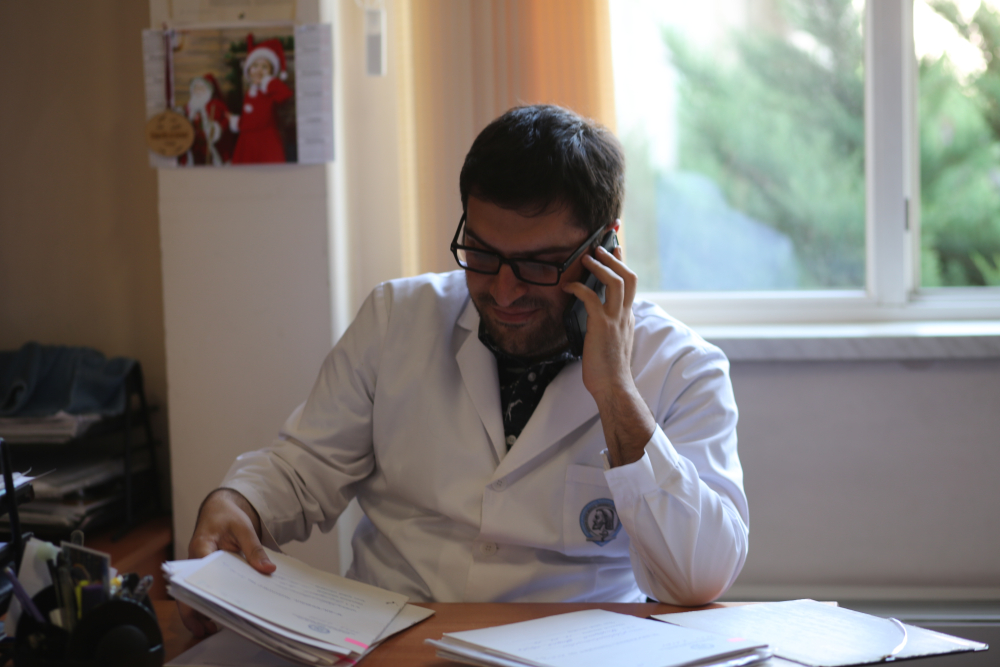
Does palliative healthcare exist in Armenia? Is it effective?
Palliative healthcare is a multicomponent one. But basically, we are talking about the end of life care, so that patients spend the end of their lives decently, under the supervision of a physician, which almost doesn’t exist in Armenia.
There is no hospice in Armenia, and only very few services are available, while there are tens of thousands of people who need palliative care.
Unfortunately, we do not always succeed in treating patients with tumors. Those patients need palliative care - pain management, psychological help, everything should be regulated and under control.
Every day, you deal with complicated cases that can have a psychological impact. How do you manage not to fall into despair and go on working?
All doctors may face this issue, but we should try to be more positive - not to focus on losses and be happy with victories.
It's hard, but we try.
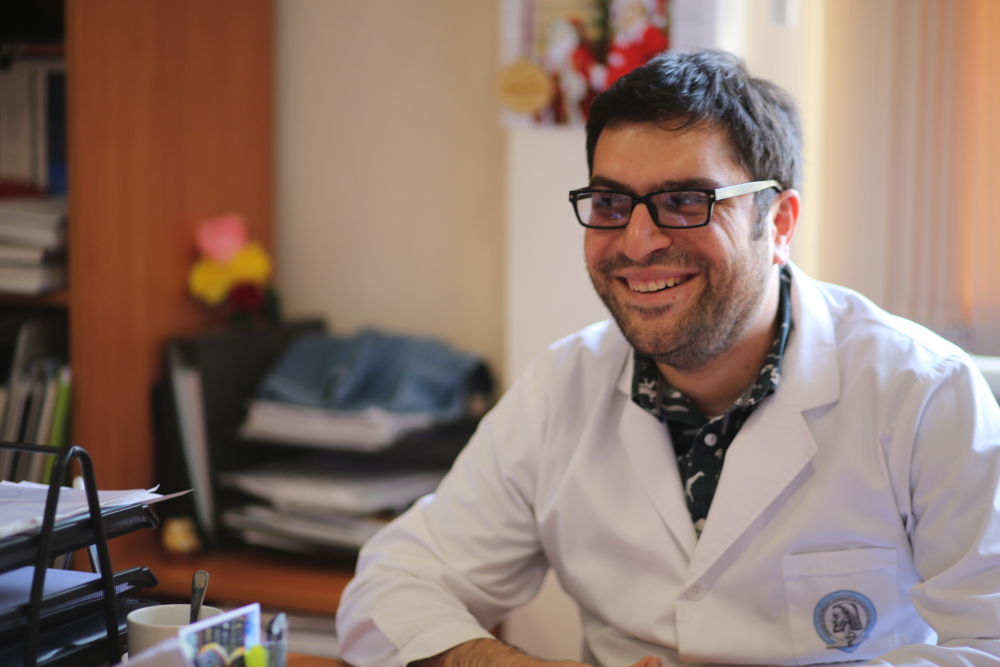
 Videos
Videos Photos
Photos
Comments (1)
Write a comment